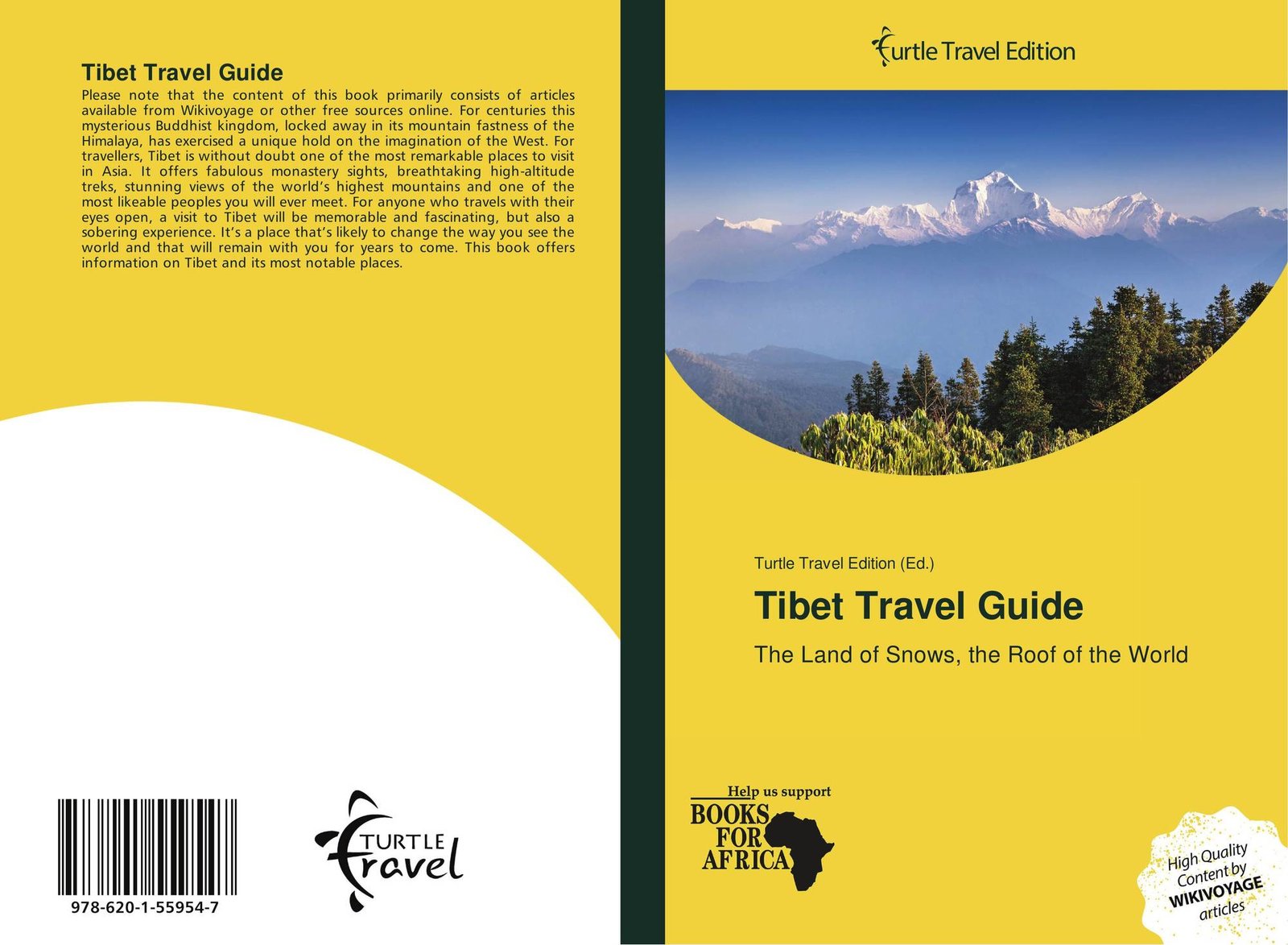Celebrating Culture: A Guide To Tibetan Festivals In 2024

Tibetan festivals are vibrant and colorful celebrations that encapsulate the rich cultural traditions of the Tibetan people. Tibetan festivals are not merely religious events but also opportunities for communities to come together, socialize, and celebrate their shared heritage. In 2024, there are several significant Tibetan festivals that promise to showcase the beauty and diversity of Tibetan culture. Here’s a comprehensive guide to these festivals, providing insights into their significance, rituals, and how to experience them authentically:

Losar (February 12th)
Losar is the Tibetan New Year, the most important festival in the Tibetan calendar. It is a 15-day celebration marked by colorful ceremonies, prayers, and feasts. During Losar, Tibetans pay homage to their deities and ancestors, seeking blessings for the coming year. The highlight of Losar is the Butter Lamp Festival, where thousands of intricate butter sculptures are displayed in monasteries and temples. Visitors can witness traditional dances, music, and archery competitions during Losar.
Saga Dawa (May 3rd)
Saga Dawa commemorates the birth, enlightenment, and passing into parinirvana (death) of Buddha Shakyamuni. It is one of the holiest days in Tibetan Buddhism, and it is observed with special rituals and teachings. Many Tibetans undertake pilgrimages to sacred sites during Saga Dawa, and monasteries and temples are adorned with colorful decorations. Visitors can experience guided meditations, Dharma talks, and opportunities to offer prayers and make offerings.
Yuru Kabgyat (July 20th-22nd)
Yuru Kabgyat is a three-day festival celebrated in Lhasa, Tibet. It honors the founding of the Potala Palace, the former residence of the Dalai Lama. The festival features a grand procession led by monks, and traditional Tibetan music and dance performances taking place in Norbulingka, the former summer residence of the Dalai Lama. Visitors can immerse themselves in the vibrant atmosphere, watch colorful parades, and witness traditional Tibetan sports.
Shoton Festival (August 1st-7th)
Shoton is a cultural festival celebrated in Lhasa, Tibet. It marks the end of the summer retreat for Tibetan monks and is known for its iconic water splashing tradition. During Shoton, Tibetans gather in parks and streets, playfully splashing water at each other to symbolize purification and good fortune. The festival also includes Tibetan opera performances, traditional archery competitions, and a grand parade. Visitors can participate in the water splashing fun, enjoy cultural performances, and delve into the social side of Tibetan life.
Damchen Chokor (October 12th-13th)
Damchen Chokor is a sacred festival celebrated in the Jokhang Temple in Lhasa, Tibet. It commemorates the arrival of the Jowo Sakyamuni Buddha statue in the eighth century. During Damchen Chokor, pilgrims from all over Tibet gather in Lhasa to circumambulate (walk around) the Jokhang Temple, making offerings and chanting mantras. Visitors can witness the deeply spiritual atmosphere, join in pilgrimage, and experience the devotion of Tibetan Buddhists.
Tsechu Festivals (Throughout the Year)
Tsechu festivals are local, annual festivals celebrated in monasteries and villages throughout Tibet. Each Tsechu has its unique rituals and performances, reflecting the local cultural traditions. The main feature of Tsechu is Cham, a sacred Tibetan dance performed by monks wearing elaborate costumes and masks. The dances depict various Buddhist stories and teachings. Visitors can travel to different regions of Tibet to experience the diverse expressions of Tibetan culture through Tsechu festivals.
Experiencing Tibetan festivals is an enriching opportunity to immerse oneself in the vibrant cultural traditions of the Tibetan people. To make the most of these festivals, it is essential to be respectful of local customs and traditions. Visitors should dress modestly, avoid interrupting religious ceremonies, and seek permission before taking photographs. By engaging with Tibetans and embracing the festive spirit, visitors can gain a deeper understanding of Tibetan culture and create lasting memories.

